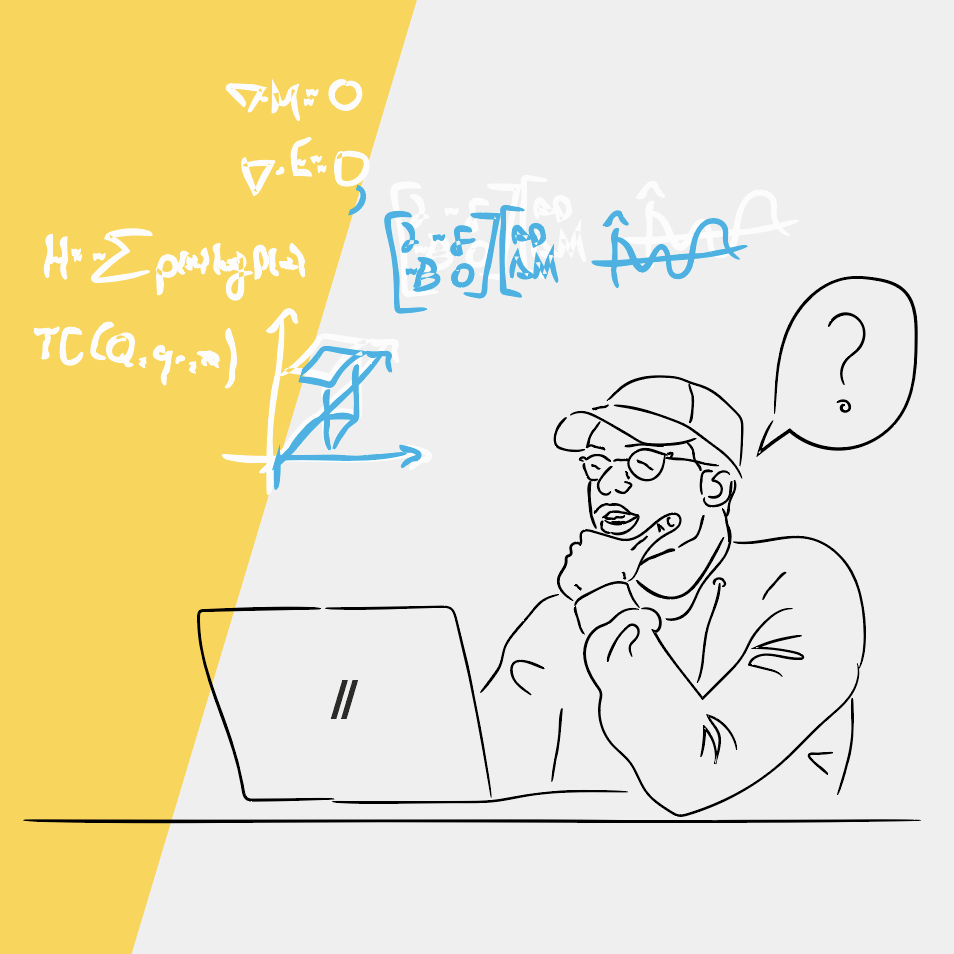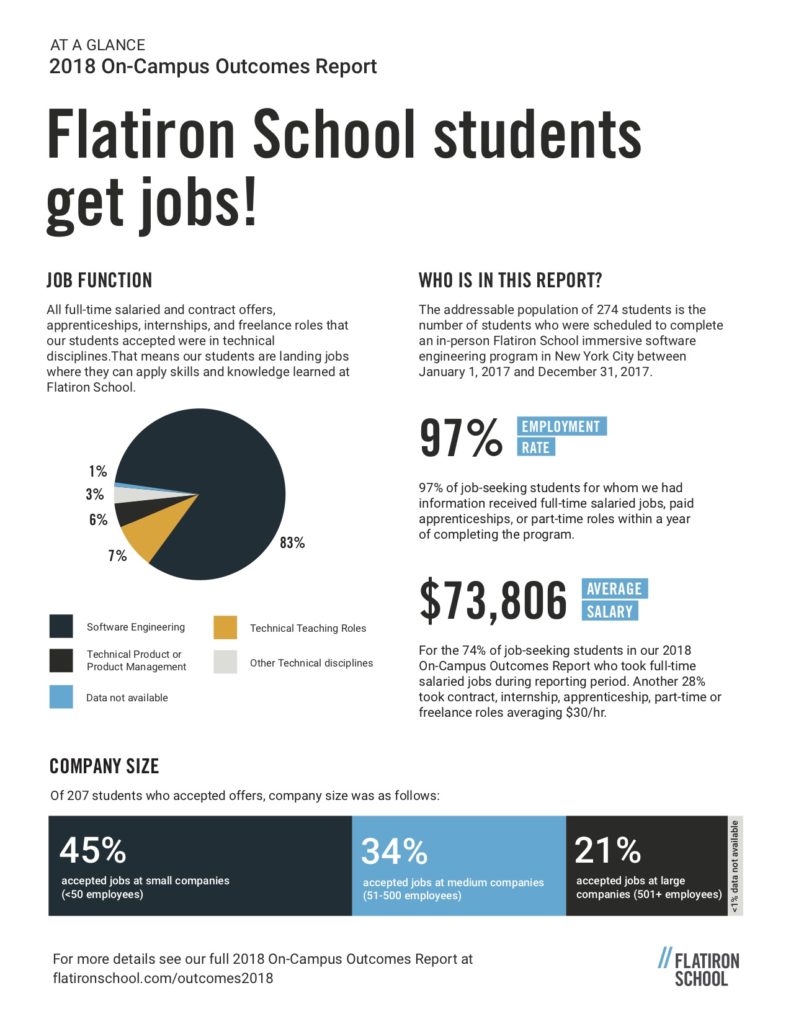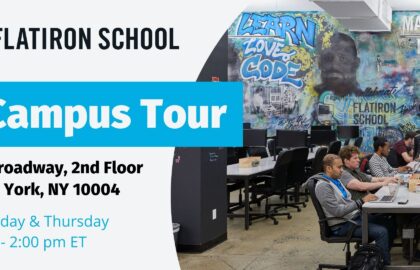Wait 30 minutes to swim after eating. Twinkies can survive a nuclear blast. Bulls hate the color red. You need to be a math whiz to be a computer programmer. These are all myths. Even though they’ve long been debunked, we still hear them way too often.A programming career can be incredibly rewarding, so don’t let some old clichés stop you from following your dreams.Here are some old myths about coding that are verifiably untrue — and should never stop you from pursuing a new career.
I’m not good at math
Let’s get this one out of the way. You don’t have to be a math wizard to become a software engineer. Instead, our alumni often say that coding is similar to solving a puzzle. There’s a logic to code and you will succeed if you think of programming as a game. Take Erika H. for example. Erica is an online Software Engineering graduate, and loved being challenged and enjoyed how coding made her think about things differently. “Being able to combine my love of puzzles and challenges with this creative side of me. Coding opened the doors to my future,” she says.Malorie C., a software engineer at Flatiron School, has her own experience with this prevalent myth. “I was horrible at math and I actually had the same sentiment when getting into programming,” she says. “But I found that I haven’t had to deal with complex math yet.”My advice would be that there are so many different products to work on as a web developer and if it’s not something you want to do — it’s easy to avoid! When you get to the point of interviewing for a company you can ask more about how the product works under the hood and if they’re solving problems that interest you — go for it!
It’s hard
Learning to code can be challenging, but it’s never out of reach. Sometimes that may be through trial and error, and other times it can be found through Google. But you will have the tools to succeed as a software developer. At Flatiron School, for example, we teach our students to be lifelong learners who have the skills needed to succeed today and in the future. Our curriculum combines rigor and accessibility with lessons that challenge students to find the right solution. We teach students to teach themselves, which is a great skill to have when they are software engineers.

I’ll be alone all the time
The idea of solitary programmers typing away at their keyboards without any human interaction is about as outdated as it gets. Search Meetup and you’ll find plenty of active developer communities welcoming new members.
It’s a boys club
Yes, there’s still a lot of work to be done to make tech an inclusive space. However, the industry is slowly changing its reputation and there’s been a renewed push to actually increase diversity in tech. There are great resources and Meetups to find your community. We’re proud to help change the face of tech through scholarships and partnerships that make a tech career more accessible.
It’s just copy-and-pasting
Like with any expertise, you skill up over time. As Malorie explains, you build off existing knowledge early in your career. You learn how others have solved problems and using that to find your solutions. “As you progress, it becomes more of finding things that influence the code that you write but it’ll rarely be a 1:1 exact copy,” she says.
I can’t be creative
Code is used to create innovative experiences. Apps, websites, interactive graphics, and a whole lot more would be impossible without code. There’s also a certain beauty to programming languages. The coding process can also mimic the creative process.
I need a computer/tech background
Learning to code doesn’t require previous experience. We’ve had so many students come through Flatiron School without coding experience who’re now professional software engineers. Passion, curiosity, and a willingness to be uncomfortable are just a few traits that you’ll need to learn to code. If you’re passionate about technology and love solving problems, you can code.
I need an advanced degree
There are some jobs that require a master’s degree, typically roles that require more experience or domain expertise. But you don’t need an advanced degree to learn to code. An associate’s degree is typically required for web developers, according to the Bureau of Labor Statistics.
Companies don’t hire bootcamp grads
Surprise, surprise, companies hire a lot of bootcamp grads. You can see that in our latest jobs outcomes report.

We’ve seen how bootcamp graduates can change a company’s culture from within. They can shake things up and create new processes to help others be successful.
I’m too old
There’s no age limit for trying something new. If you want to learn to code at 20, 30, 50, or 60, you can do it. We’ve had students of all ages learn to code and become software engineers. Explore your options, find a class or bootcamp that fits your learning style, and embrace the challenge of trying something new.




